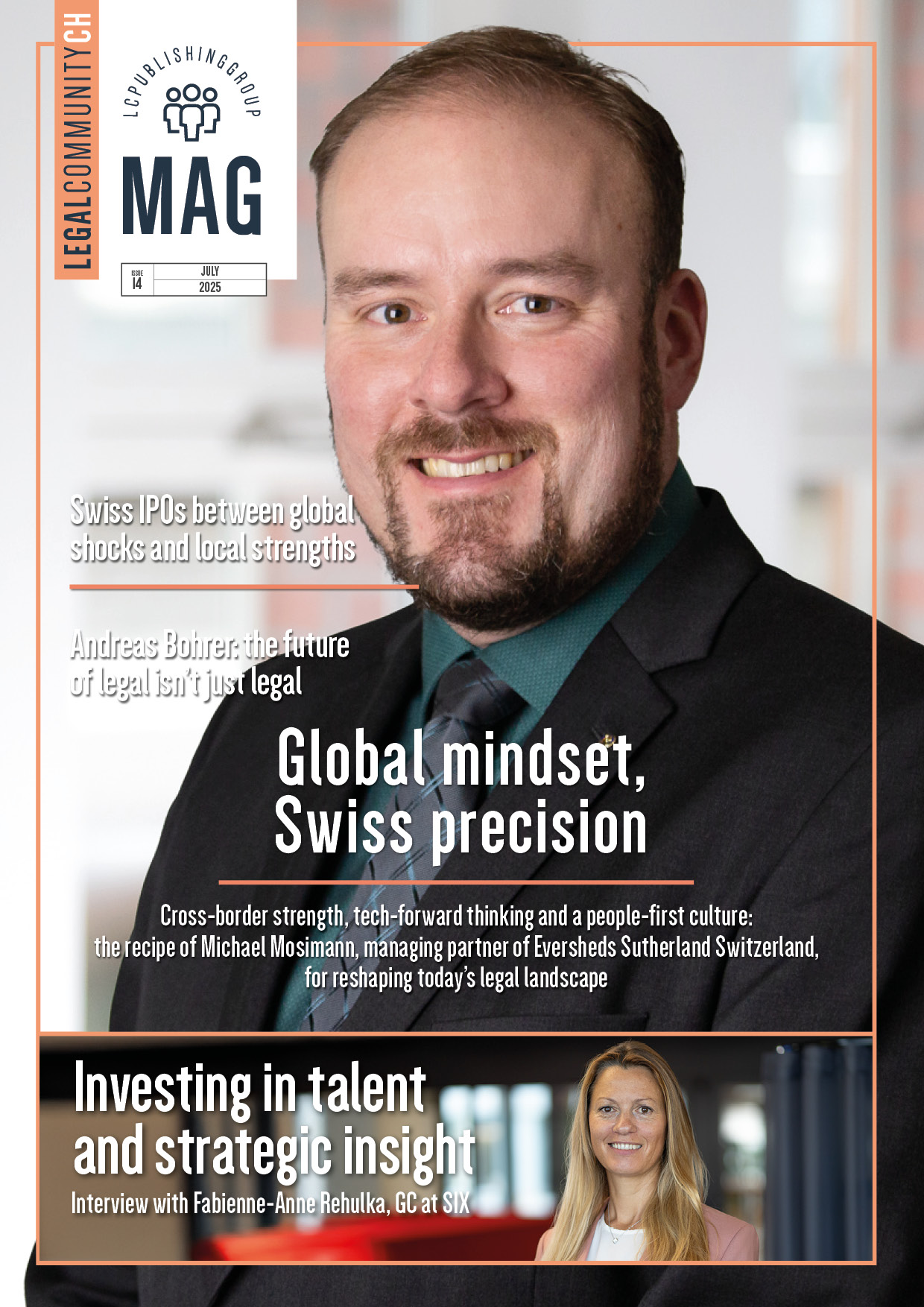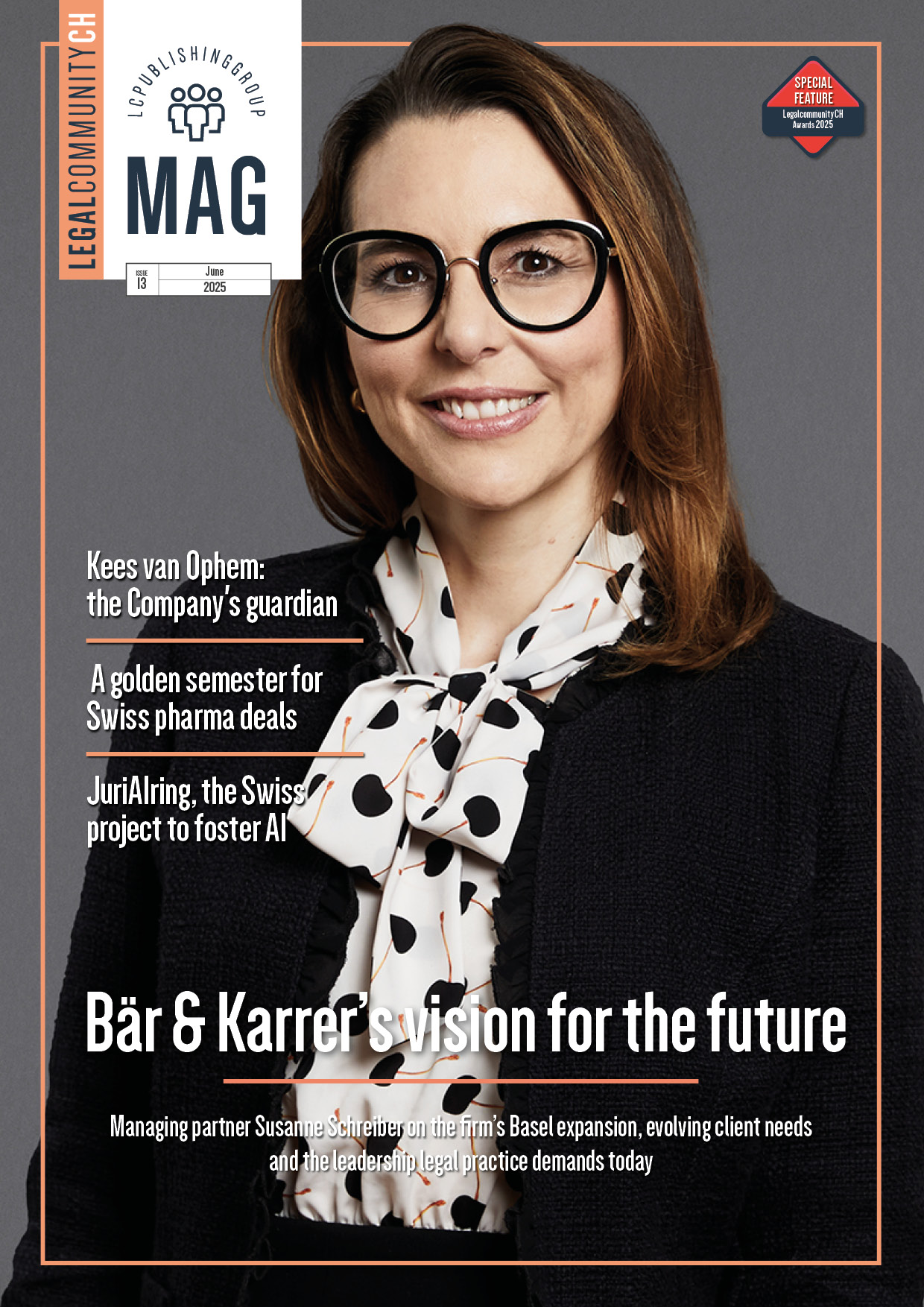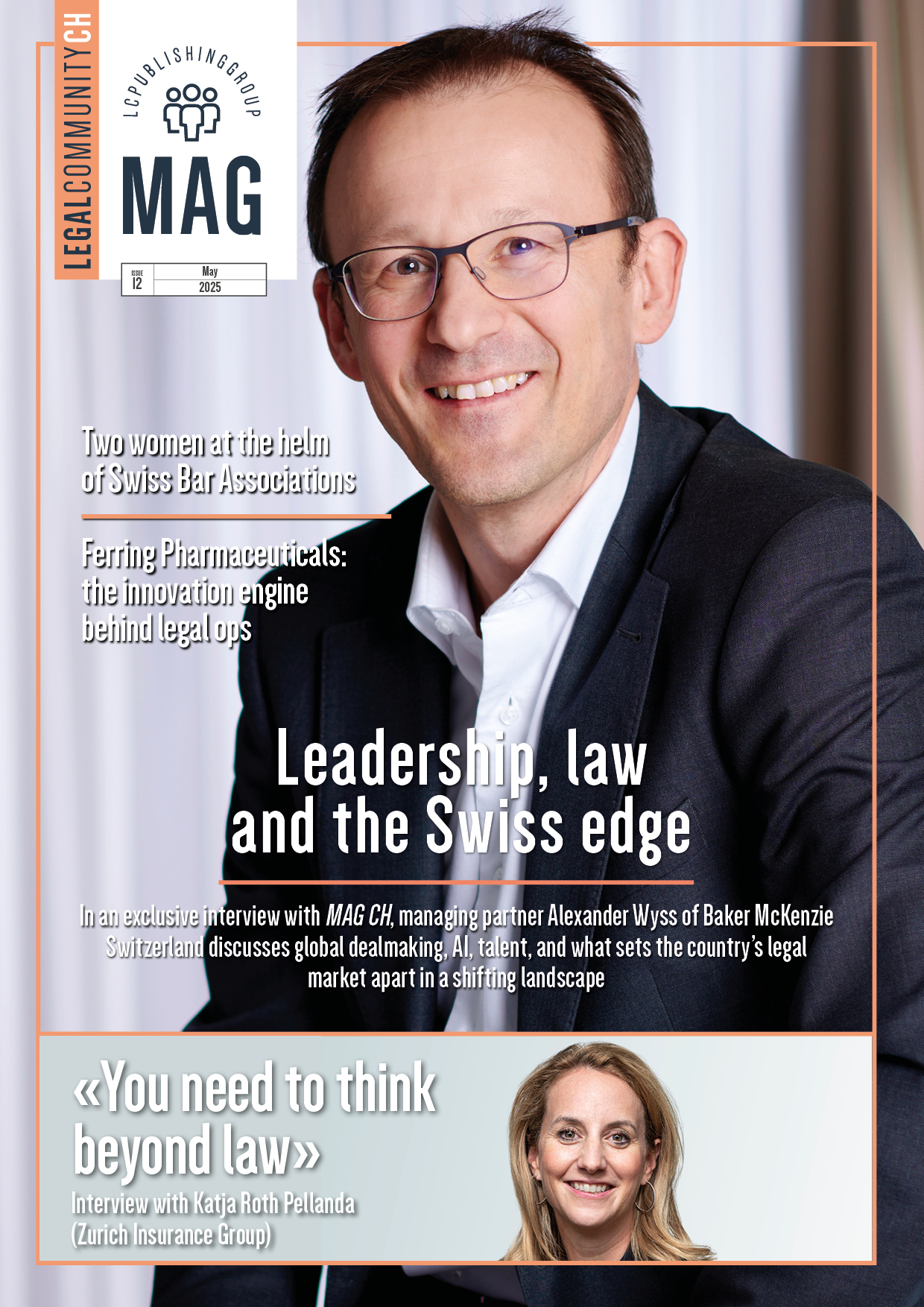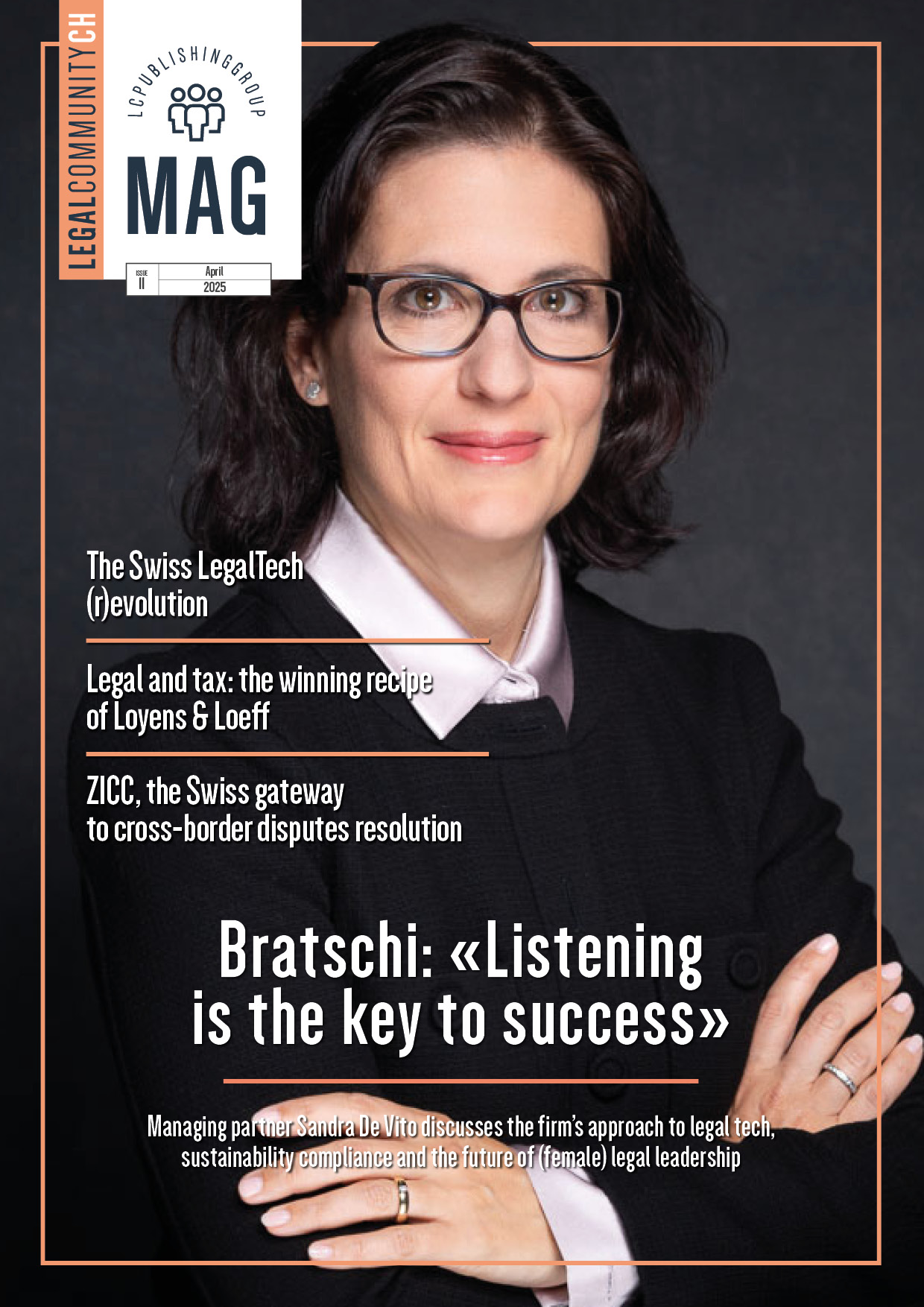Swiss immigration landscape in 2025
Switzerland’s immigration framework is set to undergo significant changes in 2025, affecting businesses, individuals, and legal practitioners alike. While certain updates bring more flexibility forspecific permit holders, others maintain the status quo on quotas and regulations. Experts from leading law firms and consulting firms shed light on the evolving legal landscape, offering insights into what the future holds for immigration in Switzerland.
S-permit updates: greaterflexibility, but uncertain long-term outlook
One of the most discussed immigration topics in Switzerland is the S-permit, initially introduced as a temporary measure for displaced individuals. According toLaure Baumann, Counsel Immigration Law at Lenz & Staehelin, several key updates are being considered at the federal level. The right to travel for S-permit holders is expected to remain in effect until further notice, pending a legal amendment. Measures are being proposed to encourage employment among S-permit holders, including mandatory registration with public employment services, the right to change cantons for work, and a shift from work authorization requirements to a simple notification obligation.
Baumann adds: “These measures could facilitate job access by reducing administrative burdens, enabling individuals to seek employment more freely across Switzerland”. However, the Swiss government has yet to announce long-term plans beyond February 2026, when current S-permit measures are set to expire.
In its recentSwiss Immigration Landscape: 2024 Review and 2025 Outlookalso Fragomen points out that businesses should anticipate some operational shifts. “With potential reforms on the horizon, companies need to prepare for administrative adjustments, especially concerning work permit applications and compliance procedures” explainTimo Heck, partner at Fragomen, and his team who worked on the study.
Work permit quotas: stability witha notable exception for Croatian nationals
Switzerland’s yearly immigration quotas for non-EU/EFTA nationals remain unchanged in 2025. However, a significant shift applies to Croatian nationals. “As of January 1, 2025, work permit quotas for Croatian nationals have been lifted, allowing them unrestricted access to the Swiss labor market”, notes Baumann. This policy change could benefit sectors experiencing labor shortages, particularly in key economic regions.
Jehona Islami, Director of Immigration at Deloitte Switzerland, underscores the significance of this change: “Employers in Switzerland, particularly in industries facing labor shortages, will find it easier to recruit Croatian nationals. The removal of quotas may provide some relief to sectors struggling with workforce demand”.
The digitalization of immigration procedures
Despite Switzerland’s federal structure, where each canton manages immigration autonomously, the push for digitalization is gaining momentum. Baumann explains:”The Federaldepartment of Justice and police has implemented an online visa system to accelerate short-term visa applications. However, not all Swiss representations currently support this system”. At the cantonal level, more authorities are integrating digital solutions, streamlining processes such as address changes and departure notifications. While the transition to fully digitalized procedures remains gradual, experts anticipate broader adoption in the coming years.
Islami also notes that digitalization efforts will continue to expand: “We are seeing a trend where more cantons are investing in digital solutions to streamline processes. While implementation varies, the long-term goal is a more efficient and transparent immigration framework”.
Corporate and individual demand for legal assistance
The demand for immigration-related legal services continues to evolve. Law firms report three main areas of inquiries. The first type concerns third-country nationals seeking to relocate for work or retirement, often inquiring about residence permits and family reunification. The second type comes from current Swiss residents looking to secure their stay, with a focus on settlement permits and naturalization. The third type involves companies hiring foreign talent, navigating employment conditions and permit processing timelines.
“While corporate demand remains stable, individual demand is rising, driven by geopolitical instability and an increasing number of foreigners wishing to relocate to Switzerland”, Baumann highlights.
On the other end, the Fragoman study emphasizes the importance of staying informed about legal requirements: “For both businesses and individuals, keeping up withSwitzerland’s evolving immigration policies is critical. The legal landscape is shifting, and proactive planning will be key to ensuring smooth transitions and compliance”.
Expert Outlook for 2025
Switzerland’s immigration landscape in 2025 will largely maintain existing policies, but certain regulatory shifts may have lasting implications for businesses and individuals. The removal of work permit quotas for Croatian nationals is expected toease labor market access in certain industries, while proposed reforms to the S-permit could introduce greater flexibility for displaced individuals seeking employment. Meanwhile, the gradual digitalization of immigration processes is anticipated to enhance efficiency but will require companies and applicants to adapt to new systems.
Legal experts emphasize the importance of staying informed and proactive in navigating these changes, as regulatory adjustments may impact both compliance requirements and strategic planning. As Switzerland continues to balance controlled immigration with economic demands, the coming year presents both challenges and opportunities for those engaging with the Swiss immigration system.
















